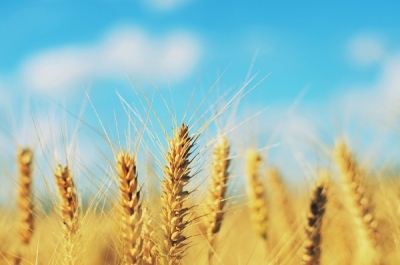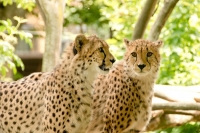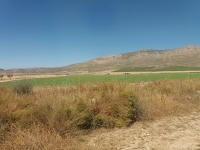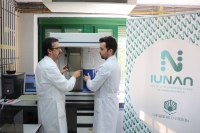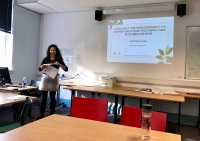Charismatic invasive species have an easier time settling into new habitats
Escrito por UCC+iAn international study, in which the University of Cordoba participated, assessed the influence of charisma in the handling of invasive species and concluded that the perception people have of them can hinder our control over these species and condition their spread
Reference genes are identified that are useful for genetic improvement in wheat
Escrito por UCC+IUniversity of Cordoba Professor Miguel Aguilar participated in a published article on reference genes in the study of wheat meiosis, the process in which reproductive cells are generated
Wheat feeds the world. According to the FAO, wheat is one of the world’s main crops, both in terms of extent and production, as well as being one of the main sources of carbohydrates and vegetable protein in the human diet. The quest for genetic improvement in wheat, leading to varieties that are more resistant to issues brought about by climate change or certain pests, responds to the need to keep feeding people.
A study at zoos shows that 42% of the animals were infected with the ‘Toxoplasma gondii’ parasite
Escrito por UCCiToxoplasmosis is a parasitic disease existing around the world that affects a large number of species, including humans.
Groundwater, a threatened resource requiring sustainable management
Escrito por UCC+iThe WEARE group at the University of Cordoba analyzed a case of aquifer recovery and concluded that supervision, governance and use of water for high value crops are some of the keys to guaranteeing sustainability of these reserves
Research from the University of Cordoba (Spain) and San Luis University (Argentina) was able to reuse graphite from cell phones to manufacture environmentally friendly batteries
Territorial short food supply chains foster food democracy and sustainability
Escrito por UCC+iA University of Cordoba study analyzed the governance mechanisms in territorial short food supply chains in Córdoba and Bogotá



